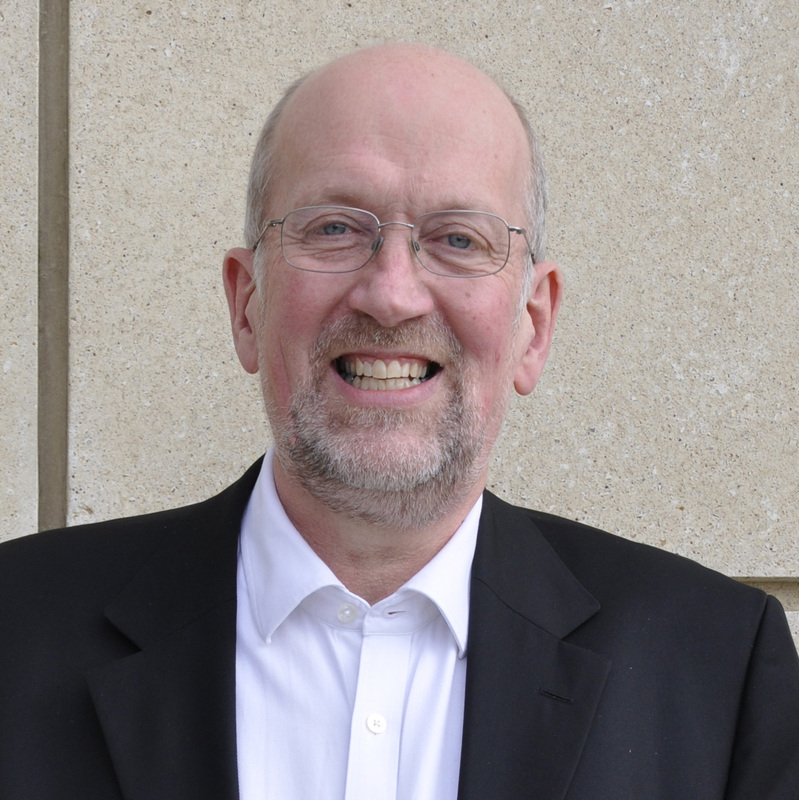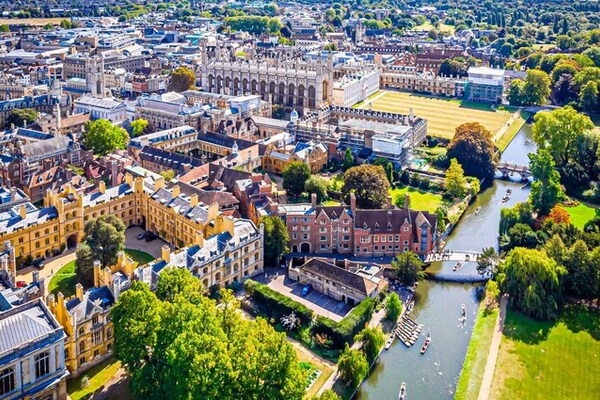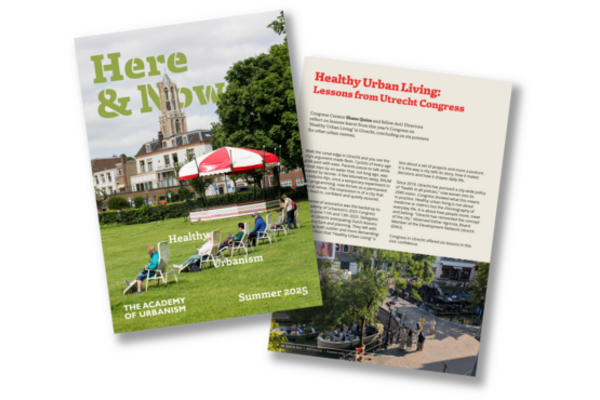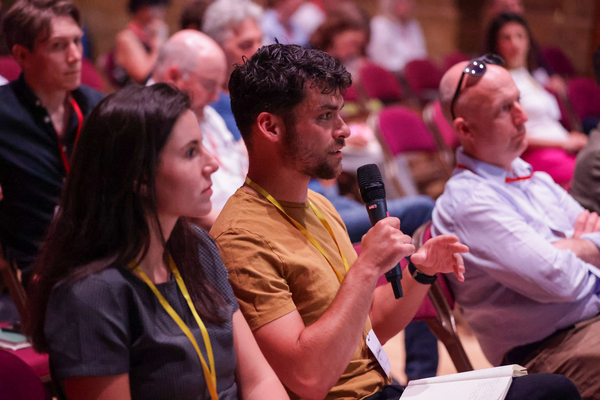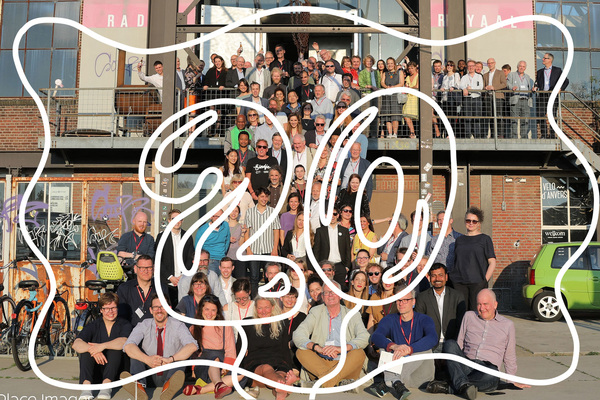The Academy of Urbanism is holding its Annual Congress in Cambridge - the UK’s fastest-growing city. Cambridge’s population increased by 17.6% from 2011-2021 and its economy continues to outperform other cities. A recent report estimated that the University of Cambridge alone contributes £30bn annually to the UK economy, and in a post-Brexit world the UK’s future prosperity will rely on the continuing success of our major University cities. Cambridge’s culture and heritage also make it a major tourist destination for national and international visitors. But success brings challenges, and Cambridge is one of the most expensive and unequal cities in the UK, with average-income households forced to look beyond the Green Belt for affordable housing. Traffic congestion and poor air quality are additional challenges, and future growth will be contingent on improving the water supply without compromising Cambridge’s precious chalk aquifers.
Yet Cambridge is responding positively and creatively to these challenges. It is the UK’s foremost cycling city, and major new investment is being made to the local cycling infrastructure, reaching out to the surrounding villages. Radical solutions to traffic congestion are being considered, including a congestion charge to cross-subside an improved bus network. Improvements are also being made to the rail infrastructure, with a new station at Cambridge South to serve the growing Biomedical Campus and a future direct link to Oxford by East-West rail. New neighbourhoods are emerging around the edge of Cambridge, including Cambridge University’s pioneering Eddington development, and three new towns are being built beyond the Green Belt. A Quality Charter for Growth has set ambitious quality standards for the development of these new neighbourhoods, building on lessons learnt from the Stirling Prize-winning Accordia development and wider European best practice.
The Annual Congress provides a valuable opportunity to learn from Cambridge’s experience and to explore what lessons can be transferred to other cities. Of particular interest to planners, urban designers and landscape architects will be the opportunity to learn about the processes that led to the design and delivery of the new neighbourhoods that are being built around Cambridge. This experience is highly relevant to the current debate around the use of design coding and ‘gentle densification’ to create successful walkable neighbourhoods. What role have partnerships played in driving Cambridge’s growth? Has Cambridge’s reputation for innovation in science been matched by innovation in urbanism? With a new Local Plan in preparation, what does the future hold for Cambridge’s continuing growth story?
